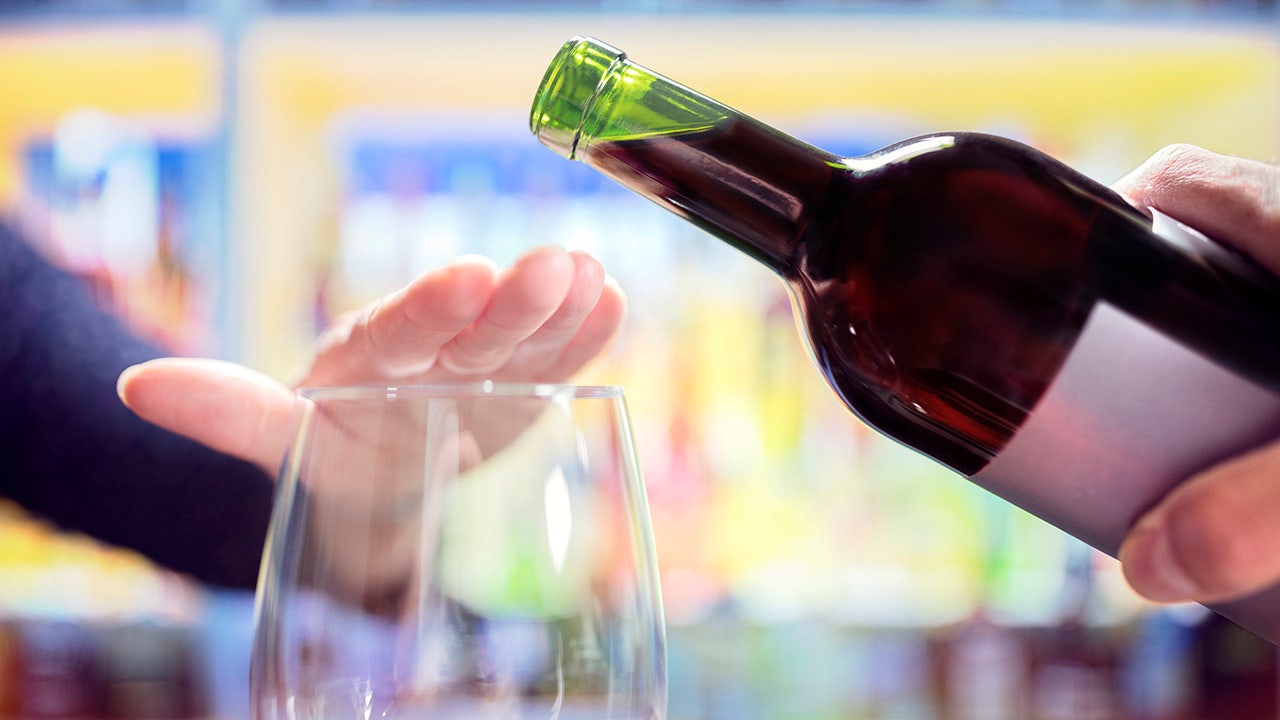6 tips for safely scaling back on drinking to reduce cancer risk

Alcohol consumption has long been a prevalent social norm, but the recent advisory from U.S. Surgeon General Dr. Vivek Murthy serves as a wake-up call for the potential risks associated with excessive drinking. The advisory highlights the link between alcohol consumption and an increased risk of various types of cancers, making it the third leading preventable cause of cancer in the United States. This warning comes at a time when the trend of being “sober curious” is gaining popularity among younger generations, who are choosing to either reduce their alcohol intake or abstain from drinking altogether.
For those looking to curb their alcohol consumption, here are six expert tips on how to do so safely:
1. Analyze your alcohol dependence: If you are considering cutting back on alcohol consumption, it is essential to assess your level of dependence. Dr. Chris Tuell recommends seeking counseling services if you are among the 40% of Americans trying to stop alcohol use. Consulting with a primary care physician before making drastic changes is also advisable, especially for individuals with a history of extreme alcohol use.
2. Set clear goals and track patterns: Setting specific and realistic goals for reducing alcohol intake can help you stay on track. Keeping a journal of your drinking habits, including when, where, and how much you drink, can help identify triggers and patterns that may contribute to excessive drinking.
3. Avoid triggers and find alternatives: Identifying triggers that lead to drinking and finding healthier alternatives to cope with stress or emotions is crucial. Choosing non-alcoholic beverages in social settings and engaging in stress-relieving activities like exercise, reading, or spending time with supportive friends can help curb the habit of drinking.
4. Change your environment: Removing alcohol from your home and limiting exposure to environments where heavy drinking occurs can reduce temptations. Your environment plays a significant role in influencing your drinking habits, so creating a supportive and alcohol-free space can aid in reducing alcohol consumption.
5. Practice saying ‘no’ and surround yourself with support: Learning to say ‘no’ to social pressures to drink and surrounding yourself with supportive individuals can make a significant difference in your efforts to reduce alcohol intake. Joining support groups like Alcoholics Anonymous or seeking cognitive behavioral therapy can provide additional support and guidance.
6. Be kind to yourself: Acknowledge that setbacks are normal and be compassionate towards yourself as you work towards reducing alcohol consumption. Celebrate milestones and progress along the way by treating yourself to non-alcohol-related rewards, such as a massage or a fun outing.
By incorporating these expert tips into your journey to reduce alcohol consumption, you can make positive changes for your health and well-being. Remember that progress takes time, and it’s essential to focus on moving forward one step at a time towards a healthier lifestyle. If you’re interested in more health-related articles, visit foxnews.com/health.




